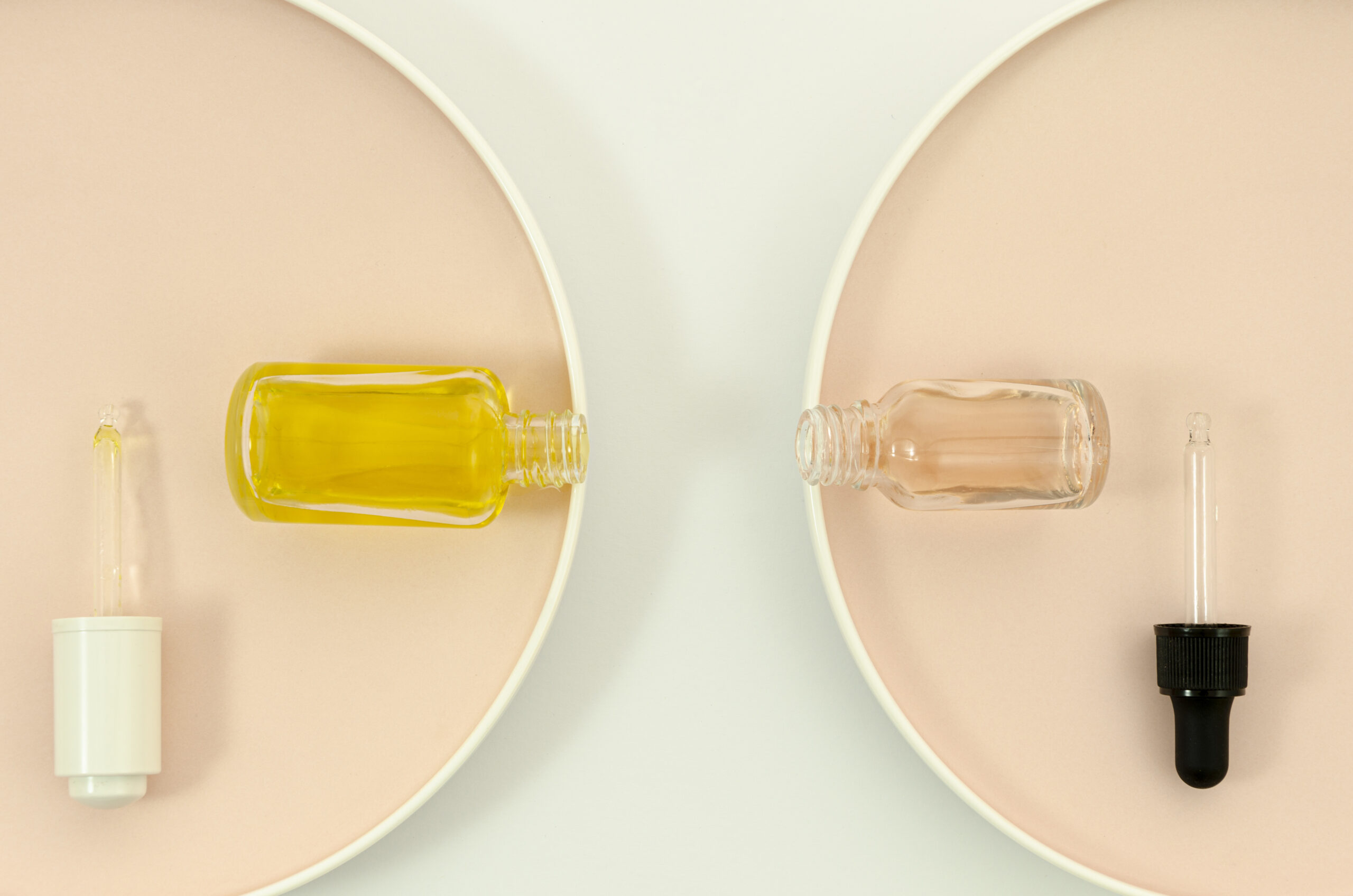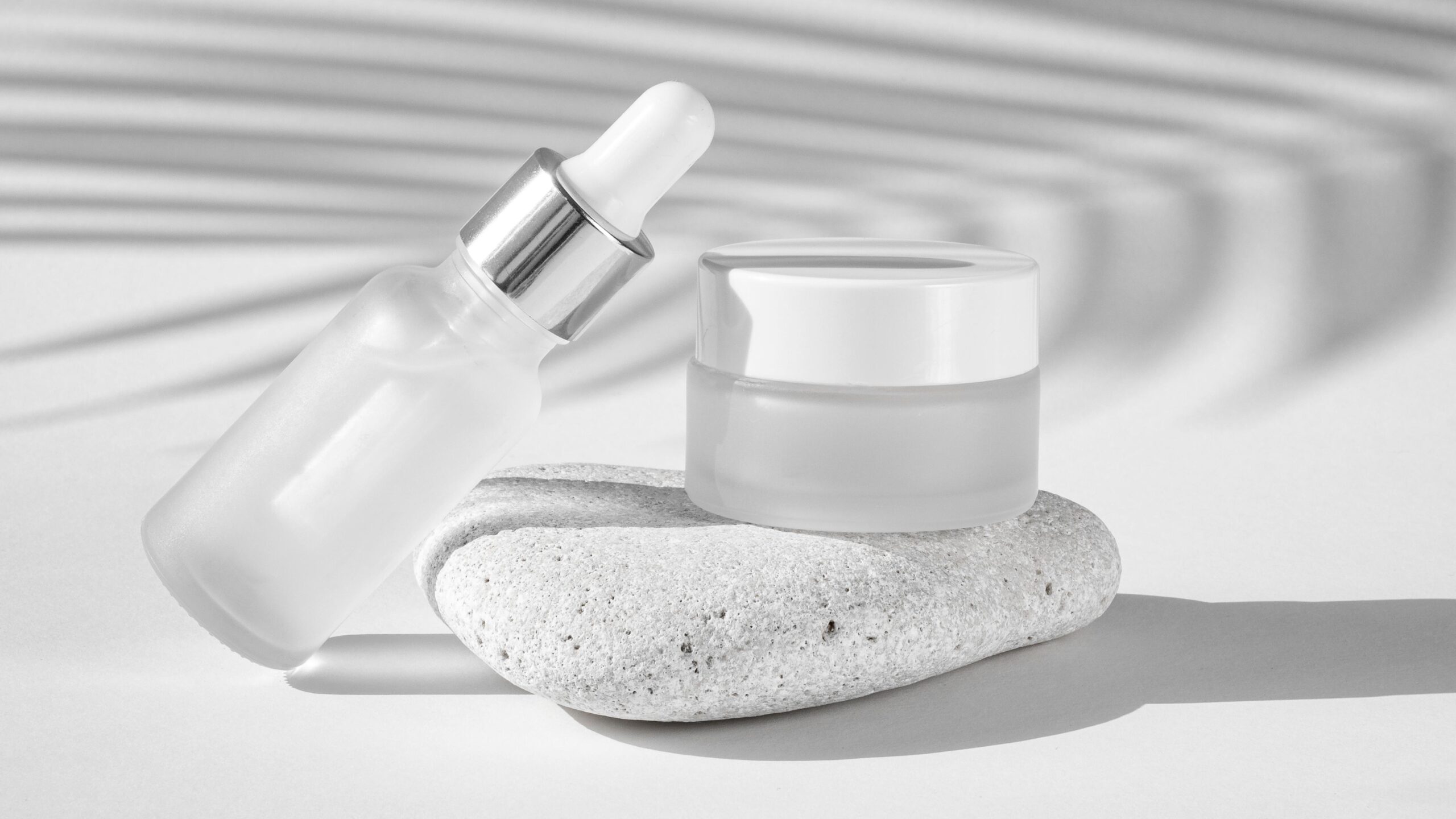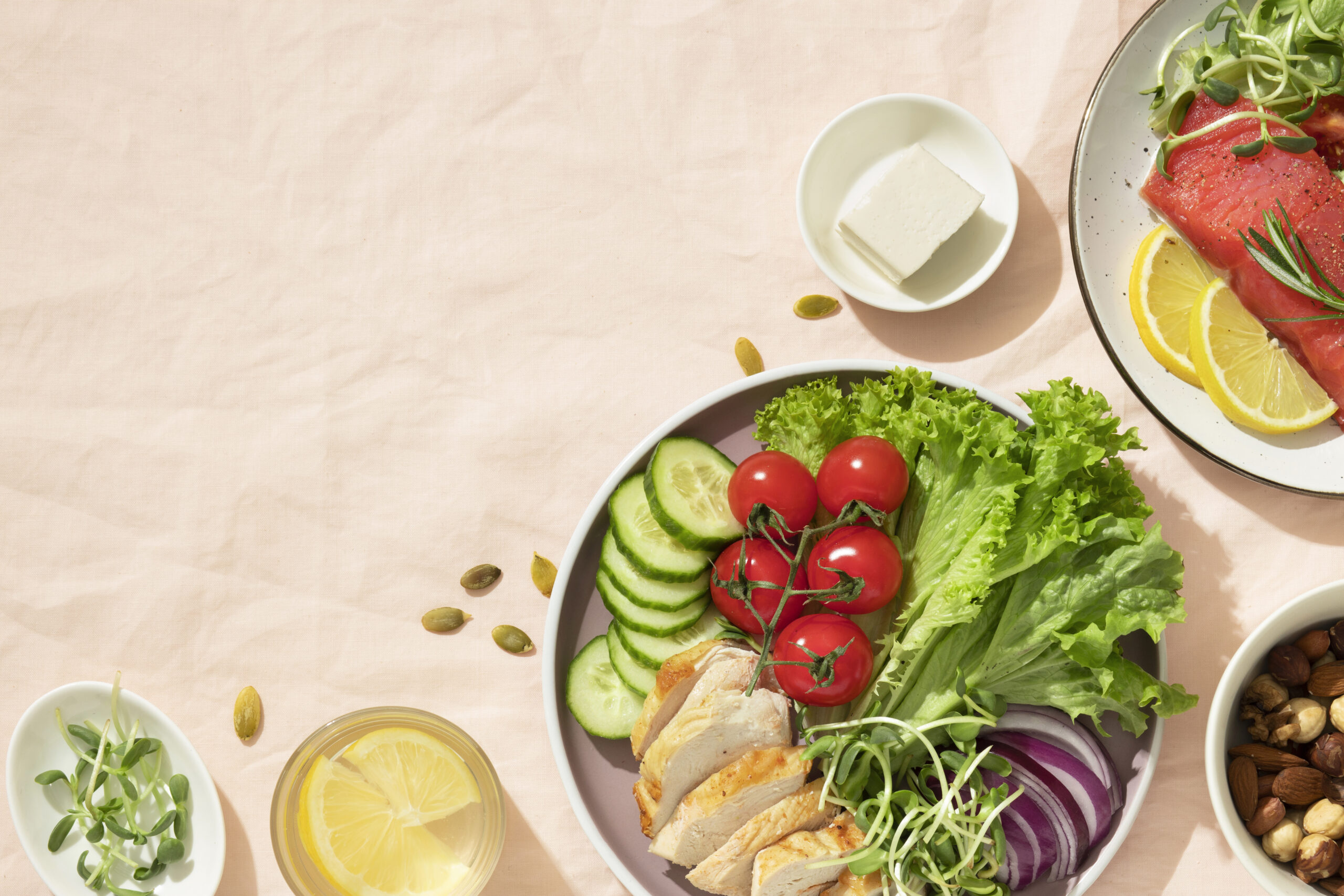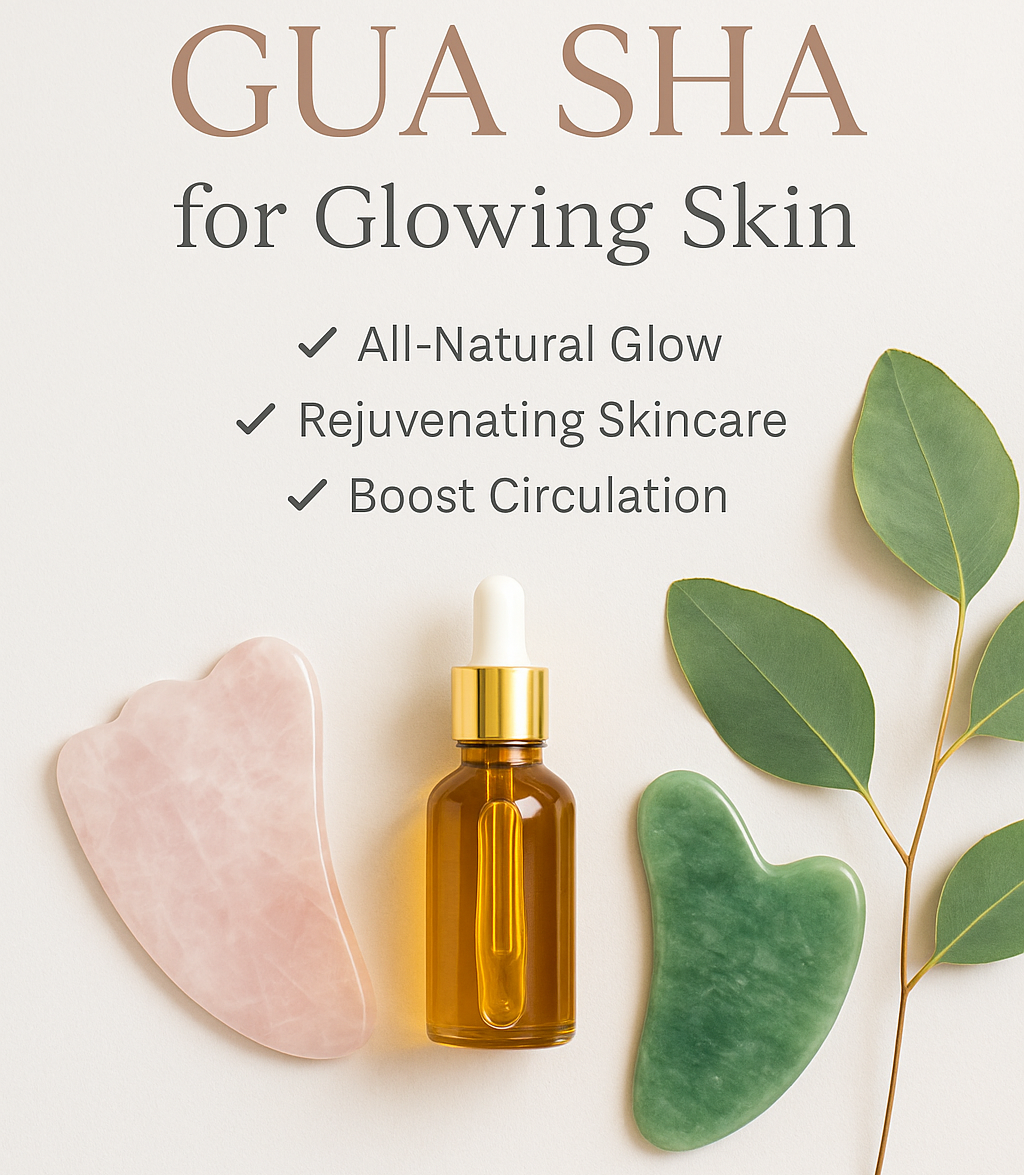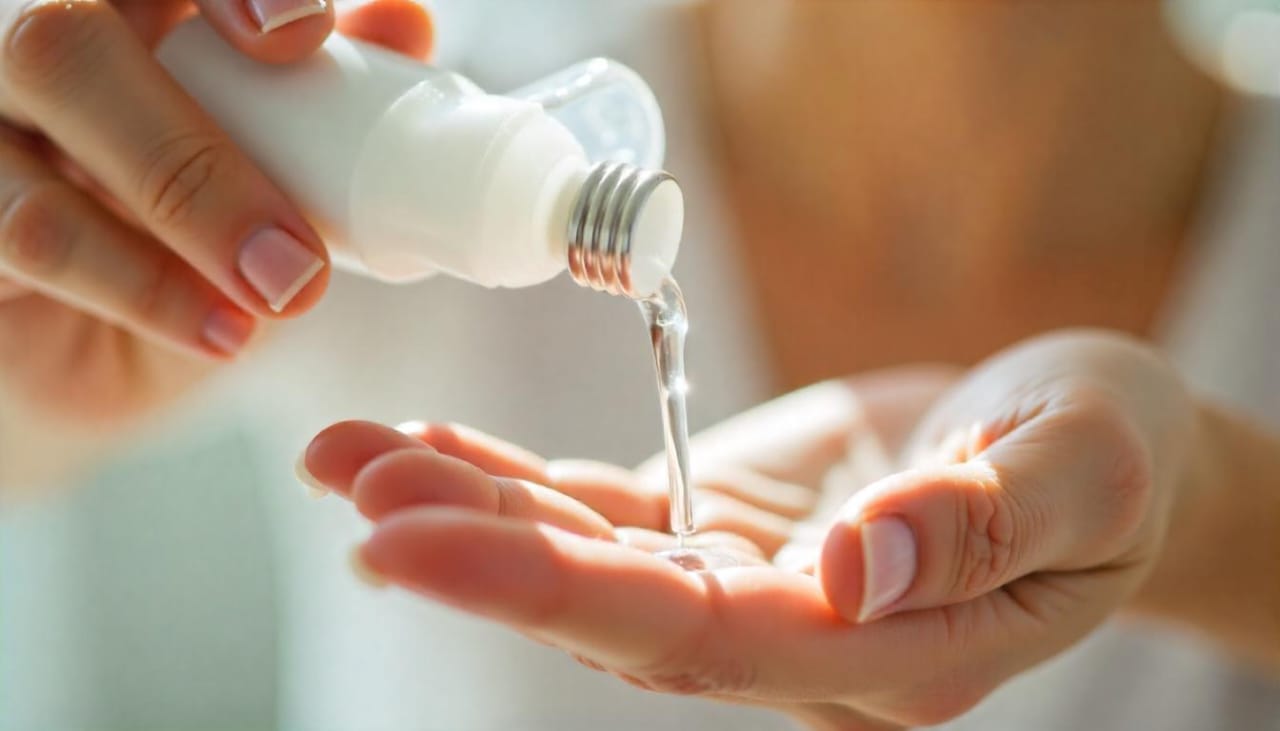When it comes to fighting fine lines, wrinkles, and dull skin, retinol has long reigned as the gold standard in anti-aging skincare. But in recent years, a plant-based alternative called bakuchiol has made waves for offering similar benefits—with fewer side effects. So, how do these two ingredients compare? And which one should you choose for your skin? Let’s explore the key differences, benefits, and which option might be best for your skincare routine.
What Is Retinol?
Retinol is a derivative of vitamin A and is one of the most studied ingredients in skincare. It works by speeding up cell turnover, stimulating collagen production, and fading dark spots. Because of its powerful effects, retinol is often recommended for those looking to reduce signs of aging and improve skin texture.
Benefits of Retinol:
- Boosts collagen production
- Smooths fine lines and wrinkles
- Improves skin tone and texture
- Minimizes the appearance of pores
- Reduces acne and blemishes
Drawbacks:
- Can cause dryness, redness, and peeling
- May increase sun sensitivity
- Not recommended for sensitive skin or during pregnancy
What Is Bakuchiol?
Bakuchiol is a natural, plant-based compound derived from the seeds of the Psoralea corylifolia plant. Often called the “natural alternative to retinol,” bakuchiol offers similar anti-aging benefits but is known to be gentler on the skin. It doesn’t cause the dryness or irritation that retinol sometimes does, making it ideal for sensitive skin types.
Benefits of Bakuchiol:
- Smooths fine lines and wrinkles
- Improves skin tone and elasticity
- Antioxidant and anti-inflammatory properties
- Gentle and non-irritating
- Safe for pregnant and breastfeeding women
Drawbacks:
- Results may take longer to appear than retinol
- Less research available compared to retinol
Retinol vs. Bakuchiol: Key Differences
| Feature | Retinol | Bakuchiol |
|---|---|---|
| Source | Synthetic (Vitamin A derivative) | Plant-based (natural) |
| Skin Irritation | Possible (dryness, redness) | Minimal to none |
| Safe During Pregnancy | No | Yes |
| Time to See Results | 4–6 weeks | 8–12 weeks |
| Ideal For | Normal, oily, acne-prone skin | Sensitive, dry, mature skin |
| Sun Sensitivity | Yes | No |
Which One Should You Choose?
Choose Retinol if:
- You want fast, proven results
- You’re targeting deep wrinkles or severe acne
- Your skin can tolerate stronger actives
Choose Bakuchiol if:
- You have sensitive or dry skin
- You prefer natural skincare products
- You’re pregnant or breastfeeding
- You want gentle, long-term anti-aging support
Can You Use Both?
Yes, but not necessarily at the same time. Some skincare brands are now formulating products that include both ingredients to balance efficacy and gentleness. However, it’s best to consult a dermatologist before layering active ingredients to avoid over-irritating the skin.
Final Thoughts
Both retinol and bakuchiol are powerful tools in your anti-aging skincare arsenal. While retinol is fast-acting and highly effective, it can be harsh on the skin. Bakuchiol offers a gentler, more natural path to younger-looking skin with fewer side effects. Ultimately, the right choice depends on your skin type, sensitivity, and personal preferences.
Whether you go with the tried-and-true retinol or the plant-powered bakuchiol, consistency is key. With regular use and proper sun protection, your skin can reap the rewards of whichever path you choose.

